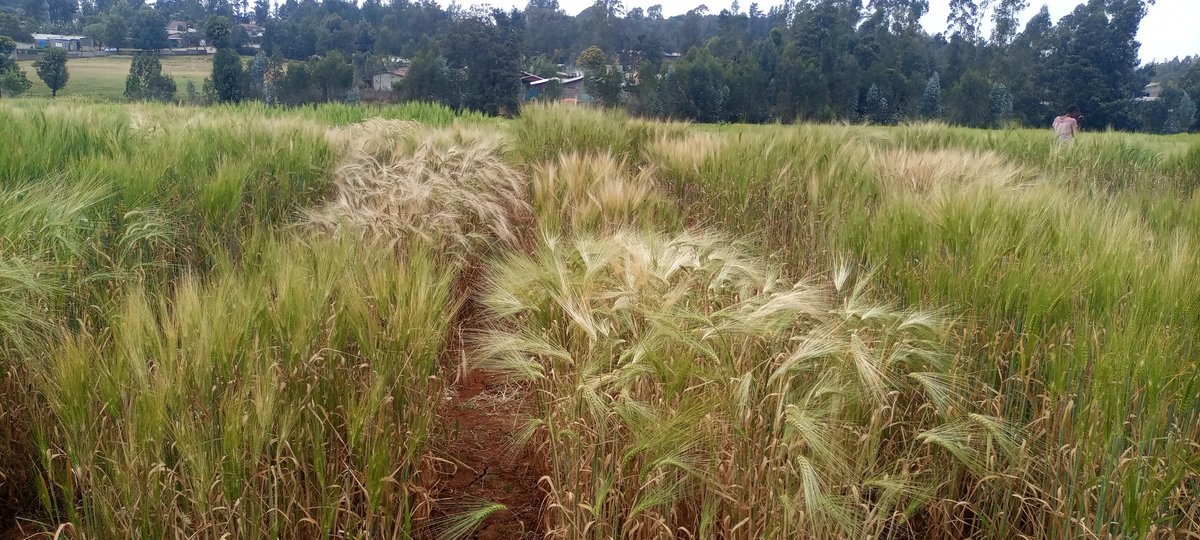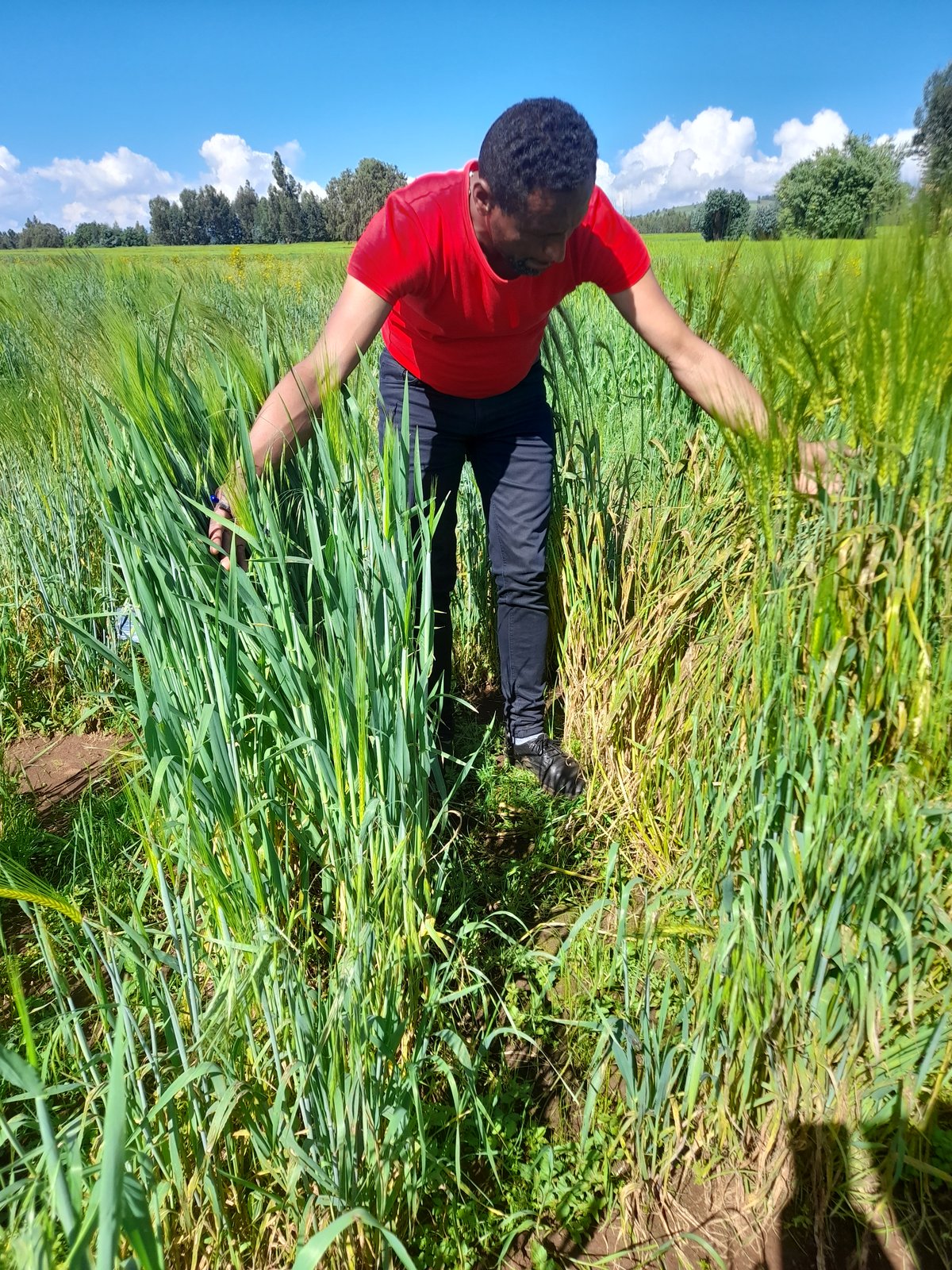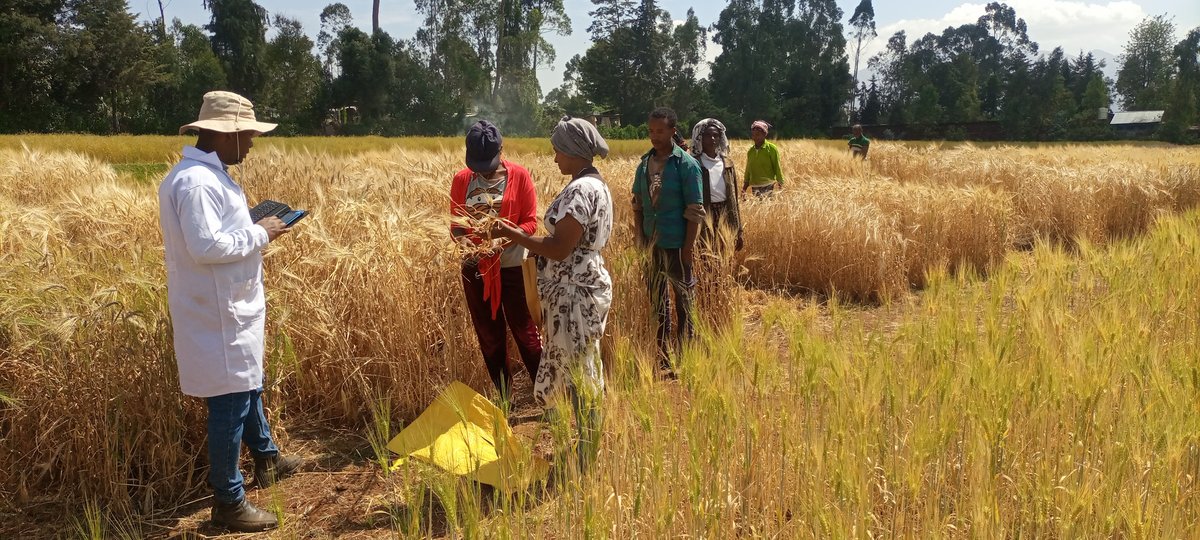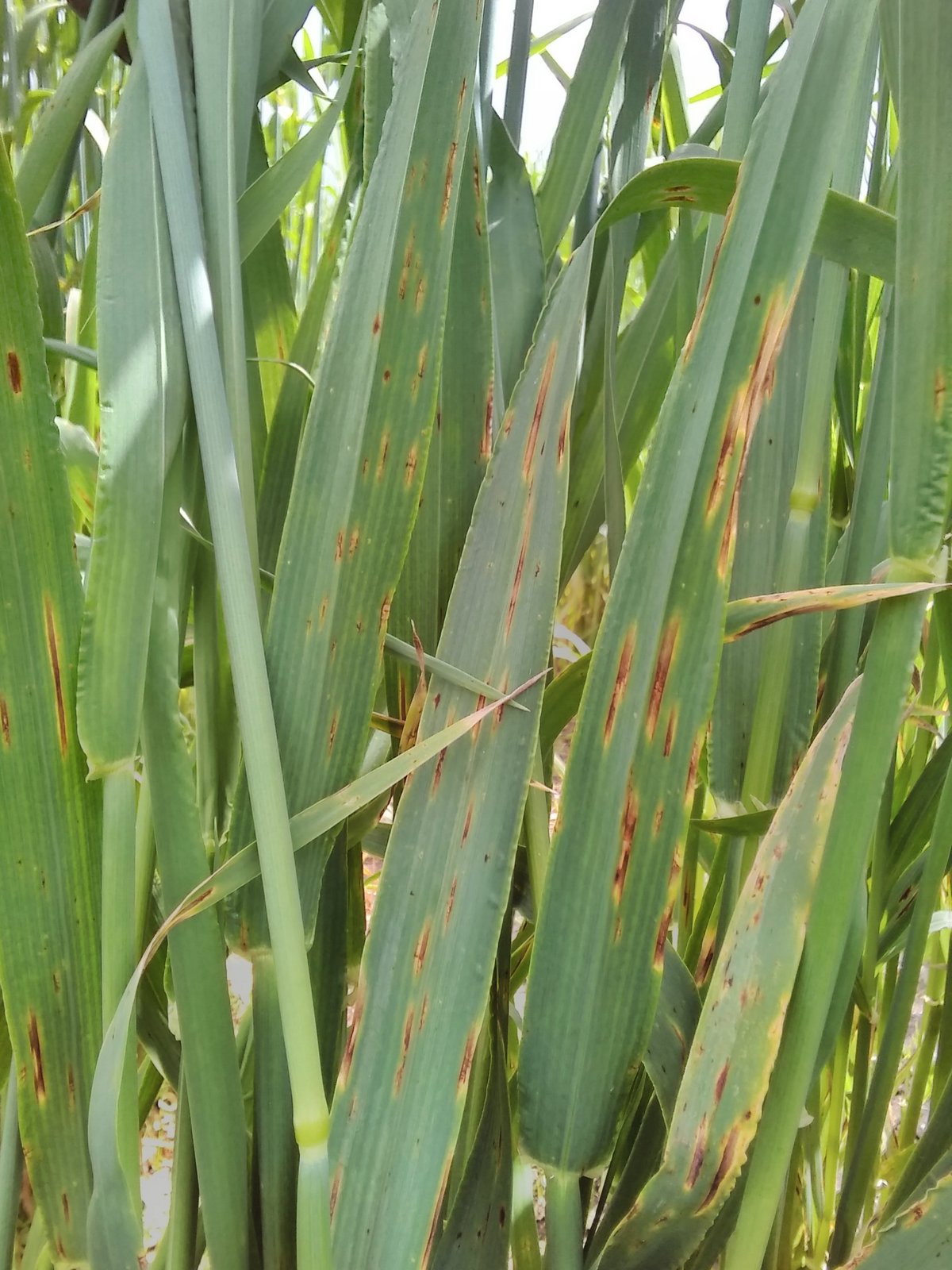
Adane Choferie Chobe is affiliated to EIAR and based at Kulumsa ARC. He joined a PhD program at Haramaya University in the stream of plant breeding in 2021. His PhD study focuses on drought tolerance in barley to develop improved, drought tolerant barley lines based on local landraces and exotic plant genetic material. Components of his PhD research include: 1) assessment of morphological and agronomic diversity of barley accessions with focus on drought tolerance; 2) determination of genetic diversity, population structure and marker-trait associations (GWAS) and identification of quantitative trait loci (QTL) for drought tolerance in barley; 3) estimation of heritability, genotypic and phenotypic associations among agronomic traits of barley; 4) application of CRISPR/Cas gene editing to develop barley lines with drought tolerance.

Ermias Teshome Taffa is affiliated to Oromia Agricultural Research Institute (OARI) based at Sinana ARC.
He joined a PhD program at Ambo University in the stream of plant pathology in 2021. His area of research is on the disease barley leaf scald (BLS) caused by the fungal pathogen Rhynchosporium commune with particular focus on the development of BLS resistant barley lines. The major aspects of his PhD study involve: 1) assessment and mapping of BLS distribution, incidence and severity in major barley growing areas; 2) study of the morphological, genetical and virulence diversity of Ethiopian isolates of R. commune; 3) field screening and marker assisted selection to develop BLS resistant barley genotypes from local and exotic barley collections; and 4) application of CRISPR/Cas gene editing to develop barley lines resistant to BLS.

Thomas Tsige is affiliated to EIAR and based at Holetta ARC. He joined a PhD program at Haramaya University in the stream of plant breeding in 2021. His PhD study focuses on naked (hull-less) barley, which is preferred by large-scale and local food processing companies as an ingredient over hulled barley, because hull-less barley is easier to process. Focus is on landraces for adaptation to acidic soils. The major objectives of his PhD study are to: 1) evaluate the extent and pattern of genetic diversity of naked barley; 2) identify genomic regions associated to soil acidity tolerance; and 3) apply CRISPR/Cas9-mediated gene editing for development of naked barley genotypes.

Tekalign Zeleke is affiliated to EIAR and based at Ambo ARC. He joined a PhD program at Ambo University in the stream of plant pathology in 2021. His PhD study focuses on the development of barley lines with resistance against one of the major barley diseases, net blotch, caused by the fungal pathogen Pyrenophora teres. The major aspects of his PhD study include: 1) mapping the distribution and assessing the prevalence, incidence and severity of barley net blotch in major growing areas; 2) morphological and molecular characterization and virulence spectrum determination of Ethiopian isolates of P. teres; 3) marker assisted selection of net blotch resistant barley lines from Ethiopian barley landrace collections; 4) application of CRISPR/Cas gene editing to develop net blotch resistant barley lines.